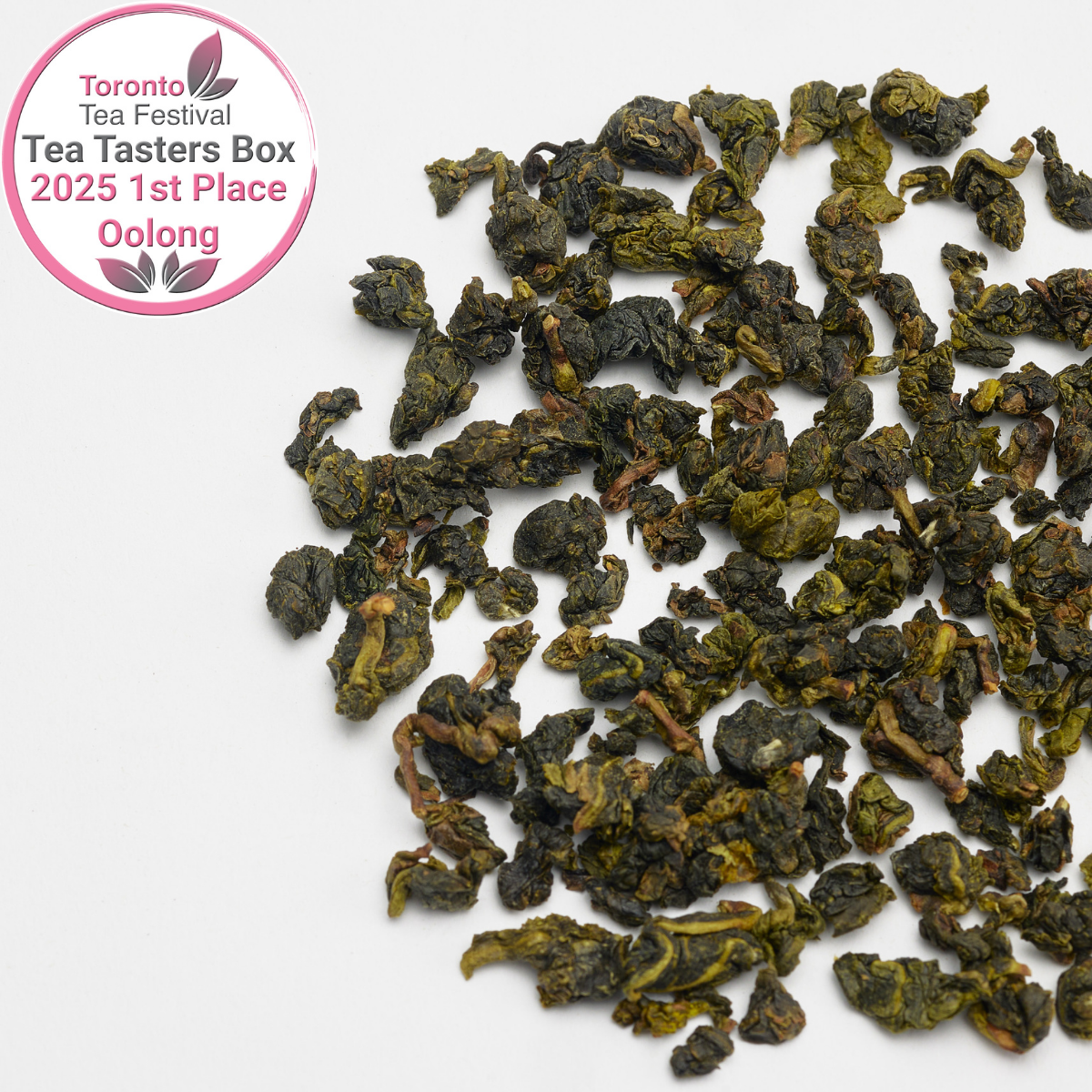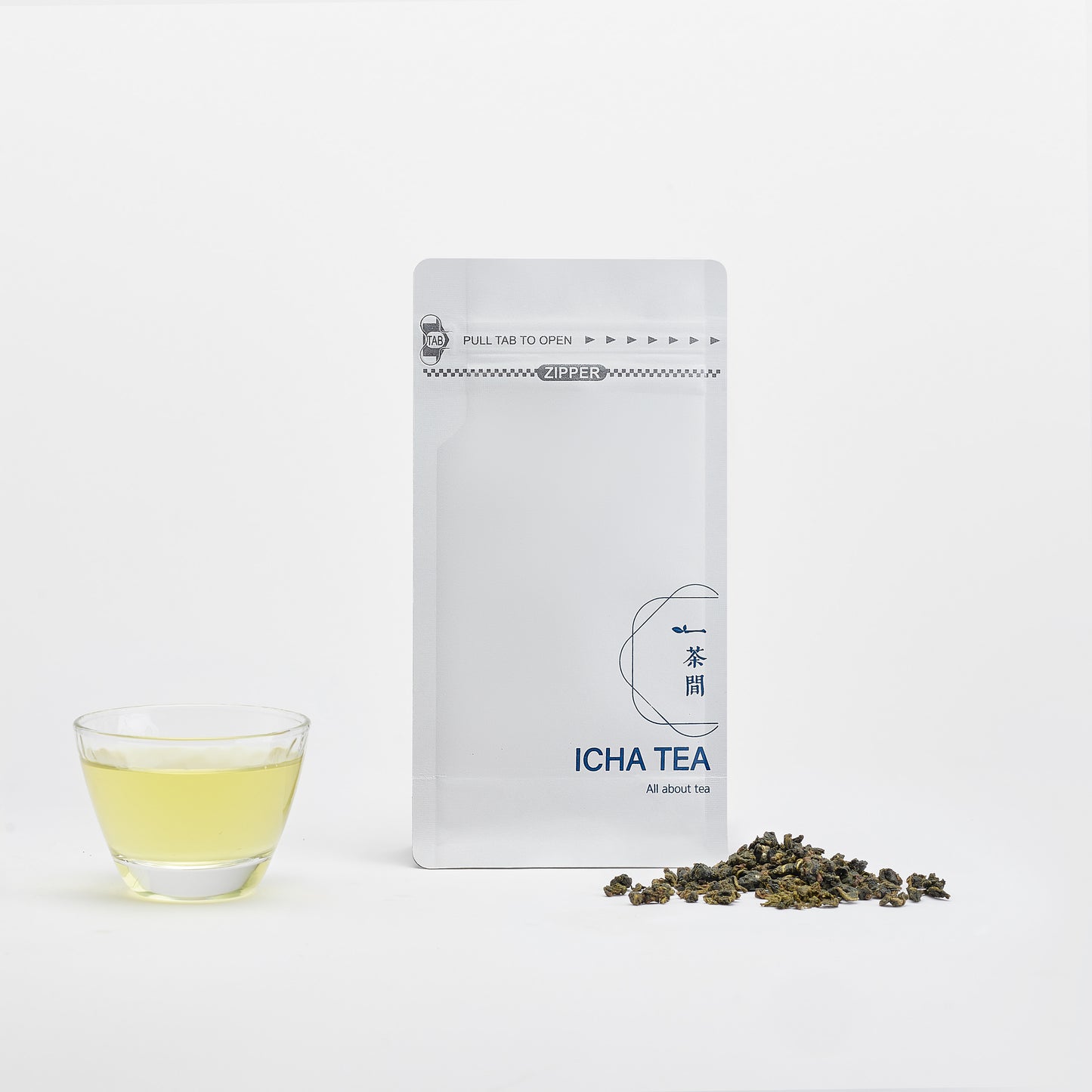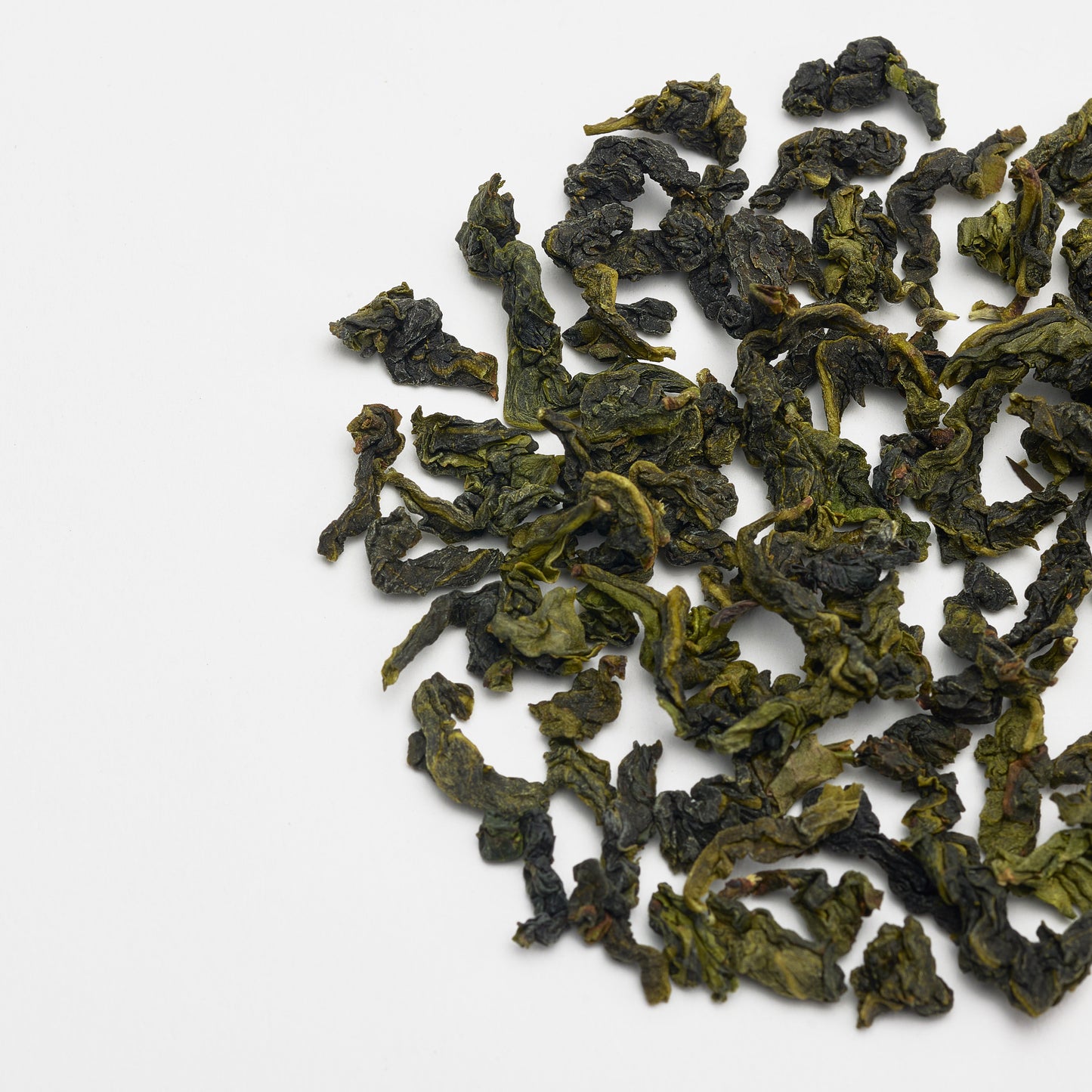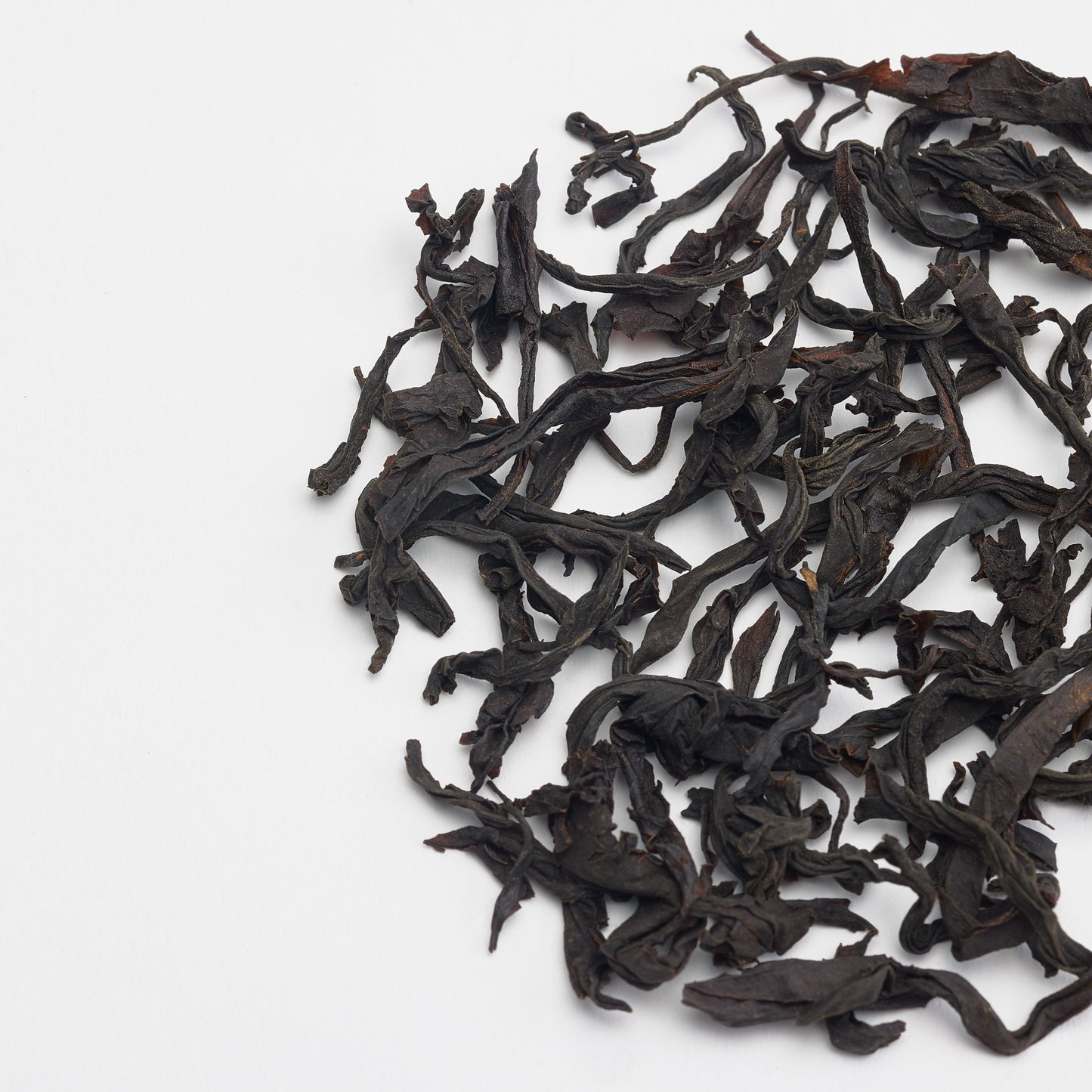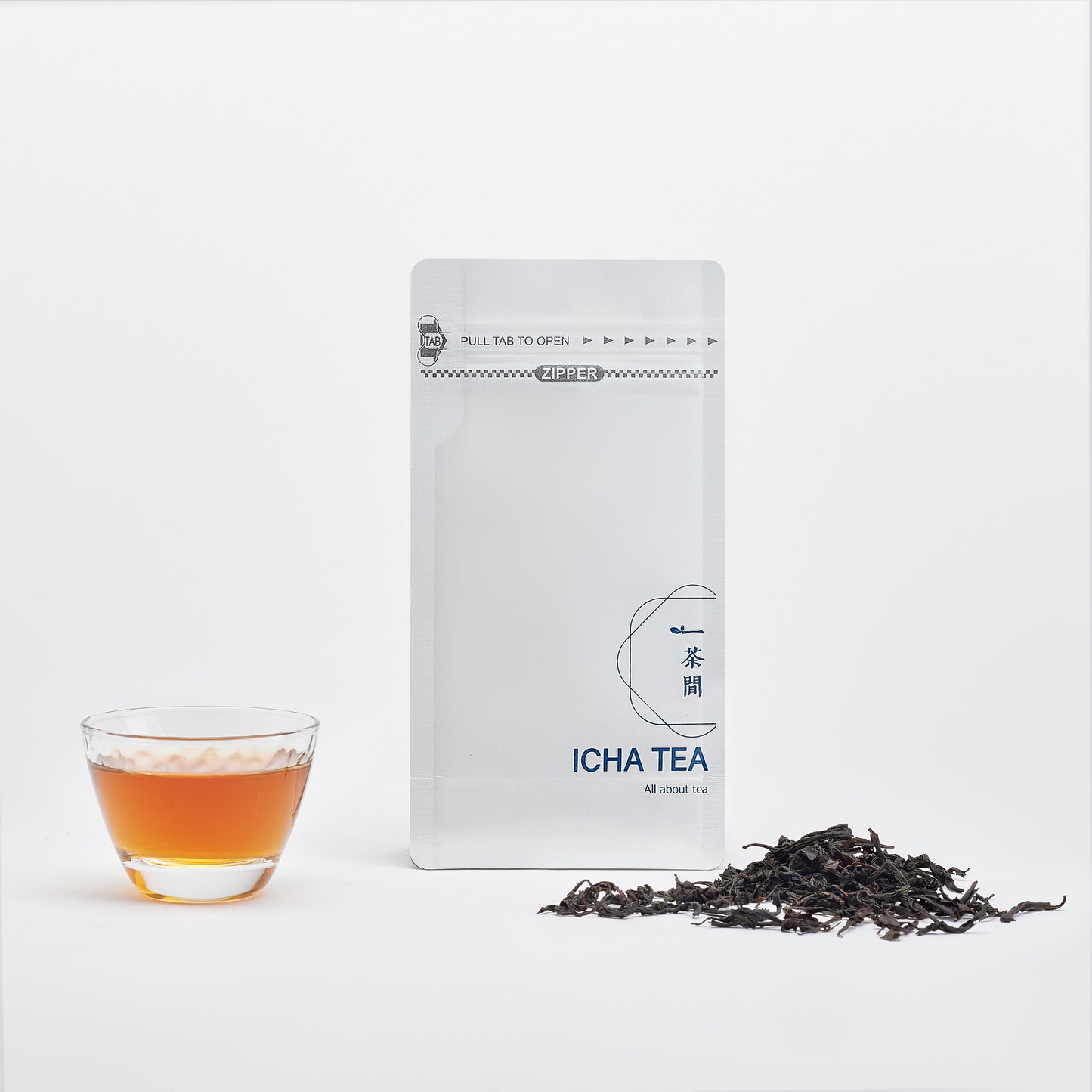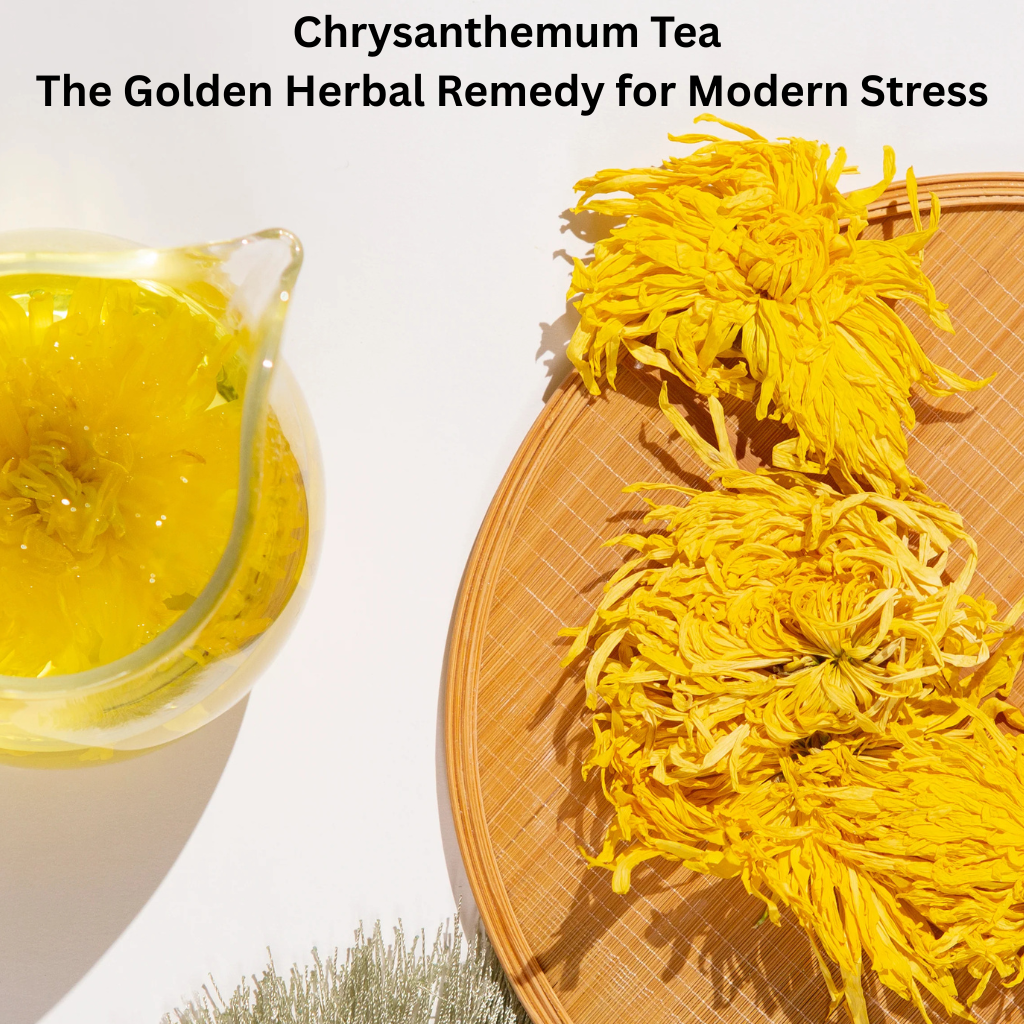
After staring at screens all day, your eyes sore, your head throbs, and stress tightens your shoulders, some modern problems seek ancient solutions. Enter chrysanthemum tea, this golden herbal tea was once treasured by Chinese royalty to help longevity and clear vision. It is a 3,000-year-old remedy whose delicate, sweet petals might hold exactly what our overstimulated, overworked bodies are desperate for in today's chaotic world.
A Short History of Chinese Chrysanthemum Tea
Ancient Origins and Traditional Uses
Chrysanthemum tea has been an integral part of Chinese herbal medicine for over 3,000 years. The flower was first cultivated as a medicinal herb during the Song Dynasty (960-1279 CE), though references to its use appear in texts dating back much earlier.
In traditional Chinese medicine (TCM), chrysanthemum tea is classified as a cooling beverage that helps dispel heat and toxins from the body. It was traditionally prescribed for a variety of ailments including headaches, dizziness, and visual disturbances. Specifically, it was used to help conditions that are associated with what TCM practitioners call "liver heat" or "liver fire".
From Imperial Gardens to Everyone's Cup
The chrysanthemum flower holds such cultural significance in China that it became one of the country's "Four Gentlemen", which are the plants that represent the four seasons and embody noble characteristics. The chrysanthemum plant represents autumn and symbolizes resilience and longevity.
While originally reserved for medicinal use and imperial consumption, chrysanthemum tea eventually became popular throughout all levels of Chinese society. Today, it's enjoyed worldwide for both its pleasant flavour and impressive health properties.
Health Benefits of Chrysanthemum Tea
A Natural Solution for Eye Health
One of chrysanthemum tea's most celebrated benefits is its positive effect on eye health. Research suggests that the antioxidants in chrysanthemum flowers, particularly flavonoids, and glycosides, may help reduce eye irritation and strain. "Numerous studies, in ancient and modern China, have reported that chrysanthemum is helpful in many eye diseases, including age-related macular degeneration (AMD), arteriosclerosis of the retina, diabetic retinopathy and some drug-related retinal toxicities." This is undoubtedly beneficial in our screen-dominated era.
"The antioxidants in chrysanthemum tea, such as beta-carotene and vitamin A, may help reduce the risk of cataracts and macular degeneration" [1]. This makes it particularly valuable for those spending long hours in front of computers or those experiencing seasonal allergies affecting the eyes.
Stress Reduction and Relaxation Benefits
In our high-pressure modern world, chrysanthemum tea offers a natural approach to stress management. The tea contains compounds that may help reduce anxiety and promote relaxation without causing drowsiness.
Studies suggest that chrysanthemum extract may influence GABA receptors in the brain, which help regulate anxiety and stress responses [2]. This makes it an excellent evening beverage for unwinding without disrupting sleep patterns, unlike caffeinated alternatives.
Inflammation and Immune Support
Chrysanthemum tea contains potent anti-inflammatory compounds that may help reduce chronic inflammation, which is a contributing factor to numerous health conditions.
Recent research notes that chrysanthemum tea is rich in antioxidants and anti-inflammatory compounds that may help reduce risks of certain chronic diseases [3]. These compounds include flavonoids like luteolin and apigenin, which have demonstrated significant anti-inflammatory activity in scientific studies.
Additionally, the tea may support immune function, particularly during seasonal transitions. Its cooling properties make it especially valued during warmer months or for those experiencing "excessive heat" symptoms according to traditional Chinese medicine.
Preparing the Perfect Cup of Chrysanthemum Tea
Selecting Quality Chrysanthemum Flowers
The quality of your chrysanthemum tea depends significantly on the flowers used. High-quality chrysanthemum tea, like Golden Royal Chrysanthemum 金丝皇菊, features whole, carefully dried buds with vibrant yellow colour and intact petals.
Traditional Chinese herbalists distinguish between several varieties of chrysanthemum, with the most prized being Chinese Gong Ju Chrysanthemum贡菊. Each offers a slightly different flavour profile and benefit emphasis, though all provide the characteristic mildly sweet, floral taste. Both are used in TCM for cooling by reducing heat or fire in the system.
For a refreshing summer option, brewed chrysanthemum tea can be chilled and served over ice, perhaps with a hint of lemon.
Frequently Asked Questions About Chrysanthemum Tea
Does chrysanthemum tea contain caffeine?
No, chrysanthemum tea is completely caffeine-free, making it an excellent evening beverage or alternative for those sensitive to stimulants. This allows you to enjoy its calming and therapeutic benefits any time of day without disrupting sleep patterns or causing jitteriness.
How should I brew chrysanthemum tea for maximum benefits?
For optimal therapeutic properties, use 3-5 whole dried flowers in freshly boiled water that has cooled slightly (90-95°C). Steep in a glass vessel for 3-5 minutes—longer for stronger medicinal effects, though this may introduce mild bitterness. The resulting golden-yellow infusion should have a sweet, floral aroma signaling that beneficial compounds have been properly extracted.
How can I enhance my chrysanthemum tea experience?
Traditional Chinese medicine often pairs chrysanthemum tea with complementary herbs. For instance, add goji berries for additional eye health support, honey to soothe sore throats, or rock sugar for a traditional sweetness that moderates cooling properties. For summer refreshment, chill brewed chrysanthemum tea and serve over ice with a hint of lemon balm or mint for a revitalizing beverage.
Modern Research Supports Traditional Wisdom
Recent scientific investigation continues to validate what Chinese medicine has known for centuries. Studies have identified various bioactive compounds in chrysanthemum flowers, including flavonoids, amino acids, and essential oils that contribute to its medicinal properties.
Research published in the Journal of Food Chemistry confirmed chrysanthemum's anti-inflammatory and antioxidant activities, supporting its traditional use for reducing fever and supporting eye health [4].
Beyond a simple beverage, chrysanthemum tea reveals how traditional remedies gain new meaning through scientific validation, bridging ancient practice with modern understanding.
Some Other Articles You Might Like:
- To Rinse or Not to Rinse Your Tea Leaves?
- Does Matcha Help With Weight Loss?
-
The Heritage of Gongfu Cha - Tea Preparation as an Art Form
Sources:
- WebMD: Health Benefits of Chrysanthemum Tea
- Shahrajabian et al.. (2019). Review of Chrysanthemum, the Eastern Queen in Traditional Chinese Medicine with Healing Power in Modern Pharmaceutical Sciences. Pharmacognosy Reviews, 13(25), 46-62.
- Healthline: How Chrysanthemum Tea Benefits Health
- Lin, L.Z., & Harnly, J.M. (2010). Identification of the phenolic components of chrysanthemum flower (Chrysanthemum morifolium Ramat). Food Chemistry, 120(1), 319-326.
- Shen, Z., Shao, J., Dai, J., Lin, Y., Yang, X., Ma, J., He, Q., Yang, B., & Yao, K. (2016). Diosmetin protects against retinal injury via reduction of DNA damage and oxidative stress. Toxicology Reports, 3, 78-86.

